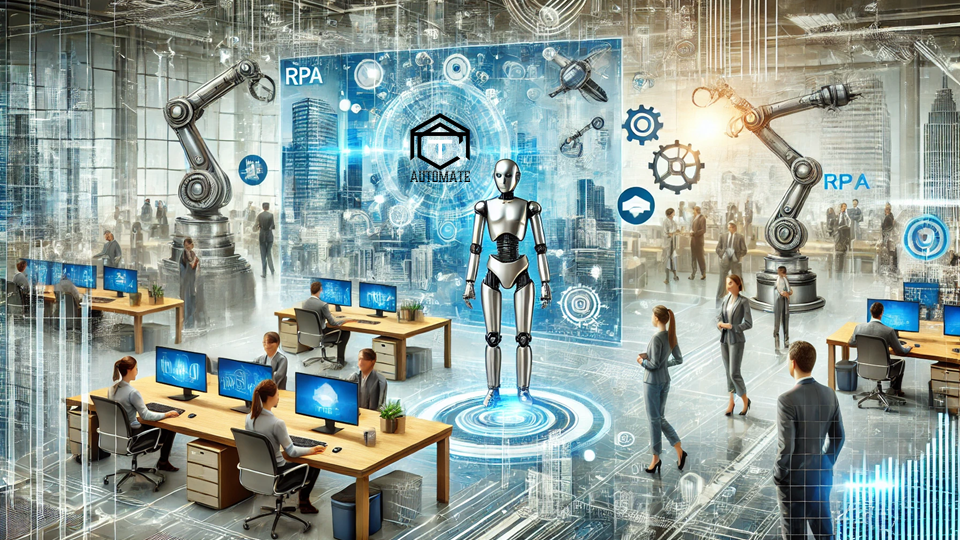
The Role of RPA in Digital Transformation
Mahmoud Dawod
Digital Solutions Architect | RPA | AI | Freelancer | YouTube +100K Followers
In today’s rapidly evolving business landscape, digital transformation has become a critical imperative for organizations striving to stay competitive, enhance efficiency, and deliver superior customer experiences. At the heart of this transformation lies Robotic Process Automation (RPA), a technology that is revolutionizing the way businesses operate. In this article, we’ll explore the pivotal role RPA plays in digital transformation and how it can drive meaningful change within your organization.
What is RPA?
Robotic Process Automation (RPA) involves the use of software robots or “bots” to automate repetitive, rule-based tasks that are typically performed by humans. These tasks can range from data entry and processing transactions to managing emails and generating reports. Unlike traditional automation, RPA does not require extensive changes to existing systems, making it a flexible and scalable solution for various business processes.
RPA as a Catalyst for Digital Transformation
Digital transformation encompasses the integration of digital technologies into all areas of a business, fundamentally changing how organizations operate and deliver value to customers. RPA serves as a catalyst in this transformation by:
Key Benefits of RPA in Digital Transformation
Real-World Applications of RPA
Several industries are leveraging RPA to drive digital transformation:
Overcoming Challenges in RPA Implementation
While RPA offers substantial benefits, successful implementation requires careful planning and execution:
The Future of RPA in Digital Transformation
As technology continues to advance, the role of RPA in digital transformation is set to expand. The integration of RPA with AI and ML will enable more intelligent automation, allowing bots to handle complex tasks that require decision-making and adaptability. Additionally, the rise of hyper-automation—combining RPA with other automation technologies—will drive comprehensive and end-to-end process optimization across organizations.
领英推荐
Conclusion
Robotic Process Automation is more than just a tool for automating tasks; it is a strategic enabler of digital transformation. By enhancing efficiency, improving accuracy, and facilitating integration, RPA empowers organizations to navigate the complexities of the digital age with agility and confidence. As businesses continue to embrace digital transformation, leveraging RPA will be essential in unlocking new levels of productivity, innovation, and competitive advantage.
Are you ready to harness the power of RPA in your digital transformation journey? Let’s connect and explore how automation can drive your business forward.
???????????? ???? and stay updated:
?? ???????????????? ????????: https://lnkd.in/eQT8GHYW
?? ???????????????? ??????????: https://lnkd.in/eHcaX4J2
?? ????????????????: https://lnkd.in/eJPzKMVQ
?? ??????????????????: https://lnkd.in/eb739N3r
?? ??????????????: https://lnkd.in/eusNkJJX
?? ??????????????: https://lnkd.in/e6fJKkzp
?? ?????????????? ????????????: https://lnkd.in/d5ungxH
?? ????????????????: https://lnkd.in/eeqruQ-d
?? ??????????????????: https://lnkd.in/eS7k_qyg
Mahmoud Dawod - Act Automate - 2024
Awesome work Mahmoud!